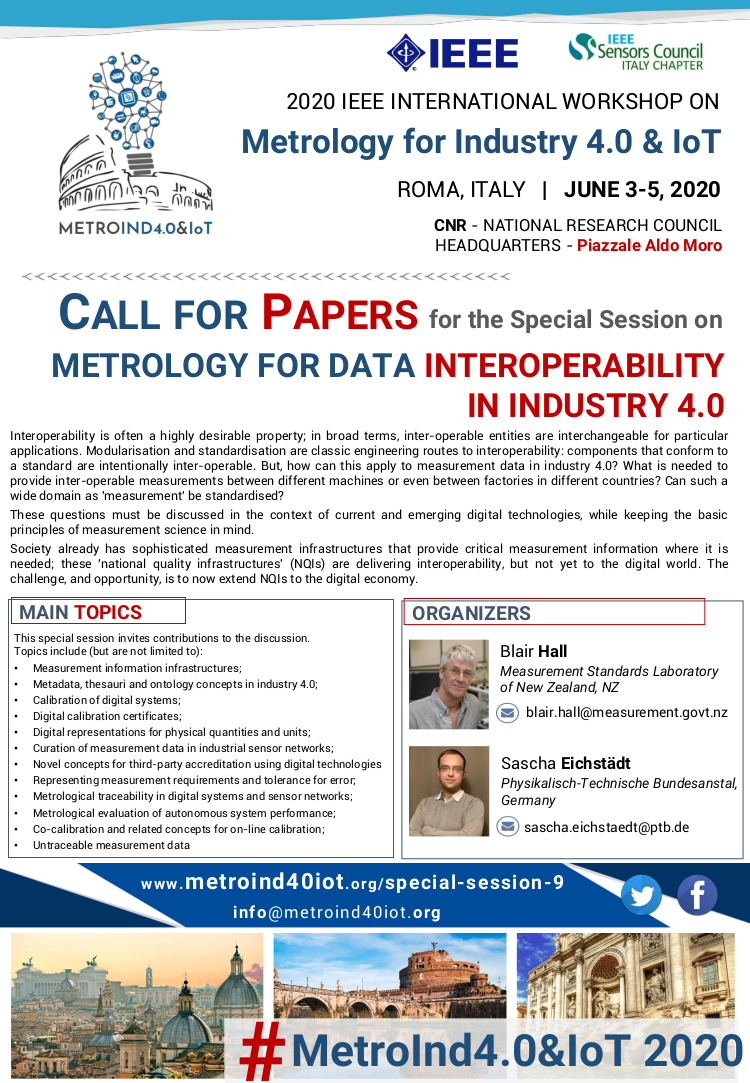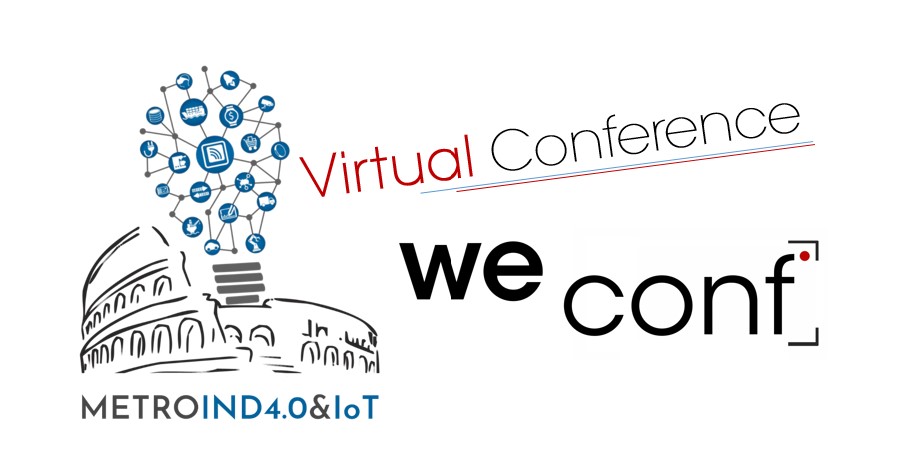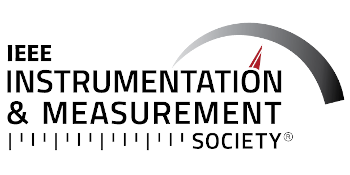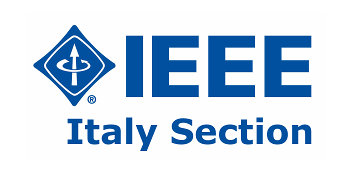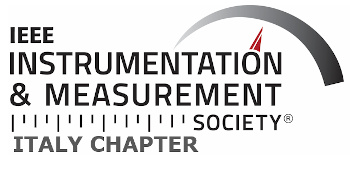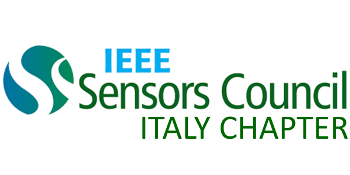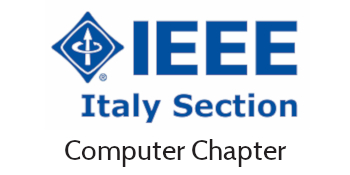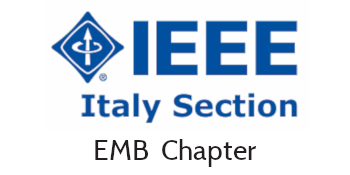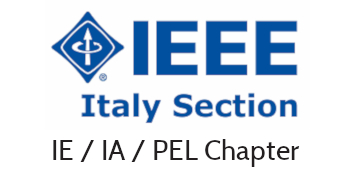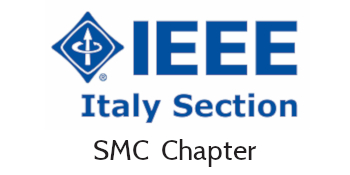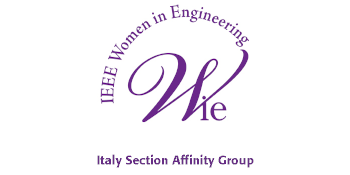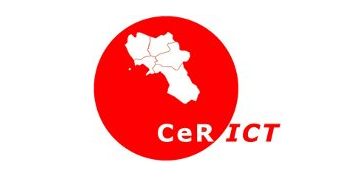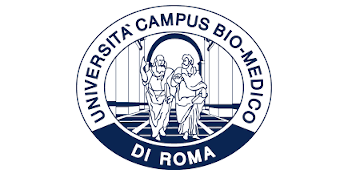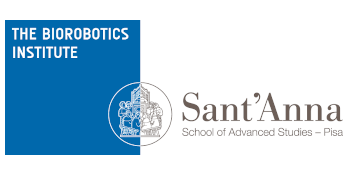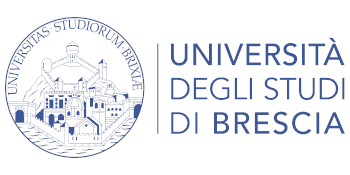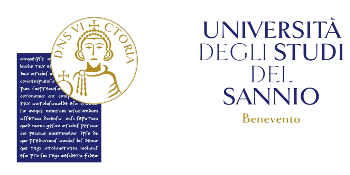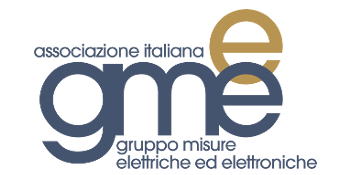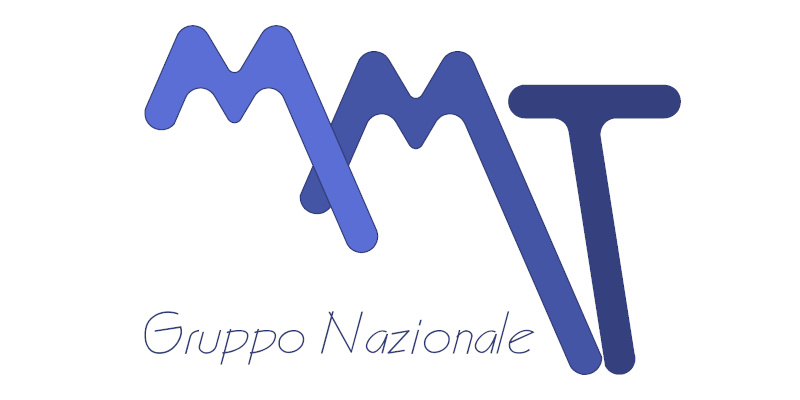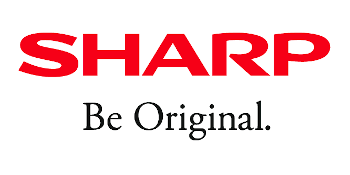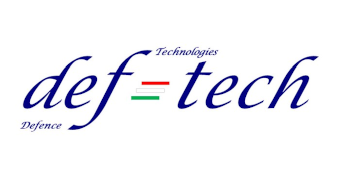Metrology for data interoperability in industry 4.0
ORGANIZED BY

Blair Hall
Measurement Standards Laboratory of New Zealand

Sascha Eichstädt
Physikalisch-Technische Bundesanstal
ABSTRACT
Interoperability is often a highly desirable property; in broad terms, inter-operable entities are interchangeable for particular applications. Modularisation and standardisation are classic engineering routes to interoperability: components that conform to a standard are intentionally inter-operable. But, how can this apply to measurement data in industry 4.0? What is needed to provide inter-operable measurements between different machines or even between factories in different countries? Can such a wide domain as 'measurement' be standardised?
These questions must be discussed in the context of current and emerging digital technologies, while keeping the basic principles of measurement science in mind.
Society already has sophisticated measurement infrastructures that provide critical measurement information where it is needed; these 'national quality infrastructures' (NQIs) are delivering interoperability, but not yet to the digital world. The challenge, and opportunity, is to now extend NQIs to the digital economy.
TOPICS
This special session invites contributions to the discussion. Topics include (but are not limited to):
- Measurement information infrastructures;
- Metadata, thesauri and ontology concepts in industry 4.0;
- Calibration of digital systems;
- Digital calibration certificates;
- Digital representations for physical quantities and units;
- Curation of measurement data in industrial sensor networks;
- Novel concepts for third-party accreditation using digital technologies
- Representing measurement requirements and tolerance for error;
- Metrological traceability in digital systems and sensor networks;
- Metrological evaluation of autonomous system performance;
- Co-calibration and related concepts for on-line calibration;
- Untraceable measurement data
ABOUT THE ORGANIZERS
Blair Hall is a metrologist at the Measurement Standards Laboratory of New Zealand (MSL). He holds a doctorate from the Ecole Polytechnique Fédérale de Lausanne (EPFL), and has worked at the Swiss national metrology institute (METAS) and at Massey University. Since joining MSL in 1998, Blair has been responsible for developing radio and microwave frequency measurement standards. He has written more than 100 reports and papers in the field of radio and microwave frequency metrology, many with a focus on measurement uncertainty. He has also developed software for uncertainty propagation that provides rigorous metrological traceability to the SI. He is currently leading MSL's new project on data metrology.
Sascha Eichstädt is a metrologist at the Physikalisch-Technische Bundesanstalt (PTB) in Germany since 2008. He holds a PhD in Theoretical Physics from the Technical University Berlin and a diploma in Mathematics from the Humbold-University Berlin. At PTB he was initially responsible for the development of mathematical and statistical methods for the evaluation of uncertainties in dynamic measurements. He has developed the initial version of the open-source software library PyDynamic for uncertainty propagation in signal processing tasks. Since 2017 he is leading PTB's efforts in digitalisation as head of the working group "Coordination Digitalisation" in PTB's presidential staff.



